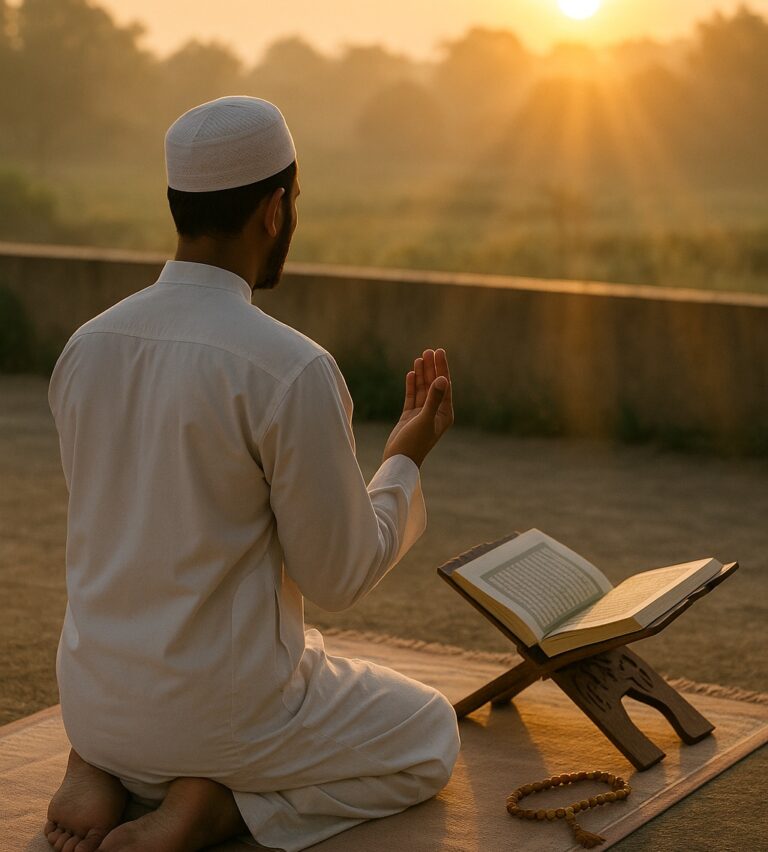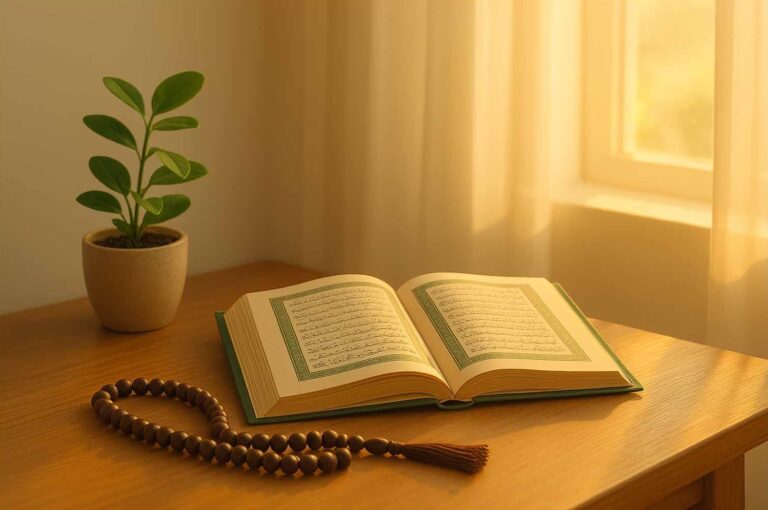Cleanliness in Islam: A Path to Purity of Body and Soul
Cleanliness holds a special place in Islam. It is not just about physical hygiene, but a reflection of one’s faith, discipline, and spiritual state. The Prophet Muhammad ﷺ emphasized that purity is half of faith, highlighting its importance in every Muslim’s life.
🌿 Cleanliness as Part of Faith
The Messenger of Allah ﷺ said:
“Purity is half of faith.” (Sahih Muslim)
This teaching reminds us that being clean in body, clothes, and environment is a direct expression of our devotion to Allah. When a believer maintains purity, it reflects inner discipline and respect for divine guidance.

🧼 Daily Acts of Cleanliness in Islam
- Wudu (Ablution): Before every prayer, Muslims wash their hands, mouth, nose, face, arms, head, and feet, ensuring physical and spiritual readiness.
- Ghusl (Full Bath): Required after major impurities, ensuring purity before certain acts of worship.
- Miswak / Toothbrush: The Prophet ﷺ loved oral hygiene and encouraged the use of miswak regularly.
- Clothing & Surroundings: Islam encourages wearing clean clothes, especially during Salah, and keeping homes, mosques, and public spaces tidy.
🌸 Cleanliness of the Heart and Soul
Beyond physical hygiene, Islam emphasizes inner cleanliness:
- Removing envy, hatred, and arrogance from the heart.
- Practicing honesty, kindness, and sincerity.
- Purifying intentions so that deeds are done for Allah alone.
🌍 Environmental Cleanliness
The Prophet ﷺ warned against polluting public places, water sources, or roads. Caring for the environment is part of a Muslim’s responsibility, as the Earth is a trust (Amanah) from Allah.
✨ Conclusion
Cleanliness in Islam is a holistic concept—it covers the body, clothing, surroundings, and even the heart. By maintaining purity, Muslims not only improve their health and environment but also strengthen their connection with Allah.
“Indeed, Allah is beautiful and loves beauty.” (Sahih Muslim)



